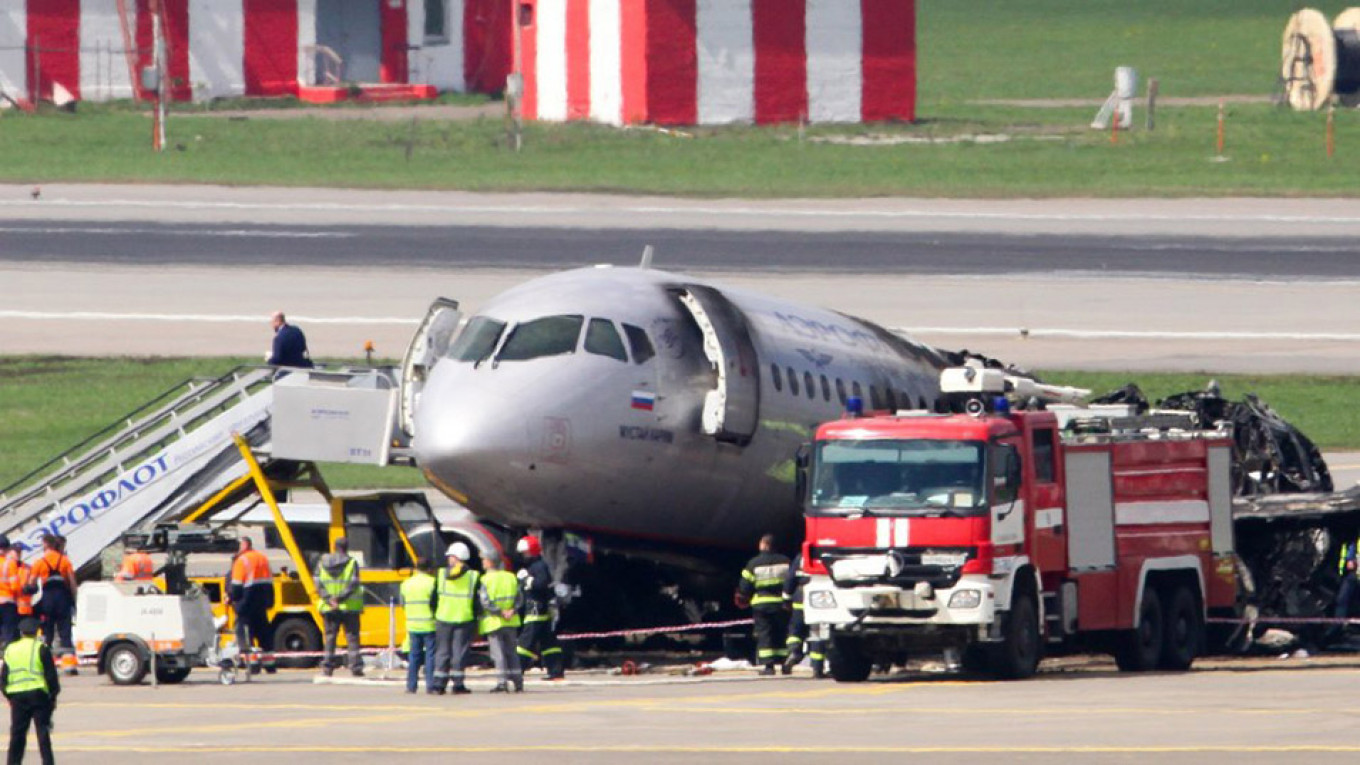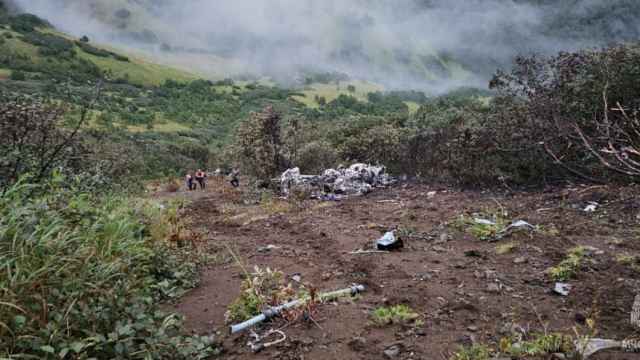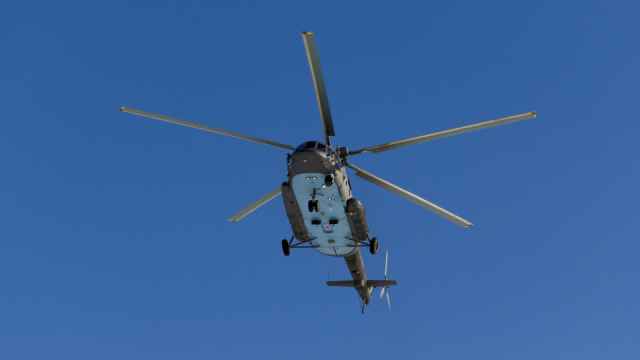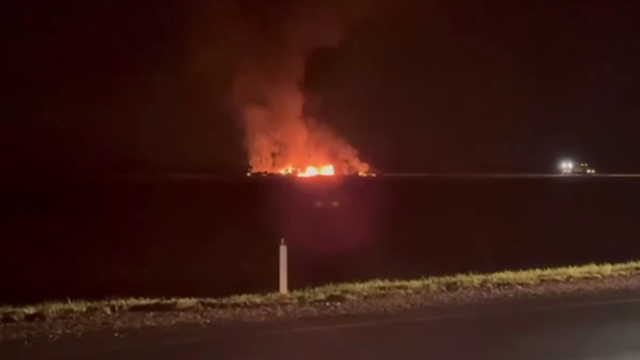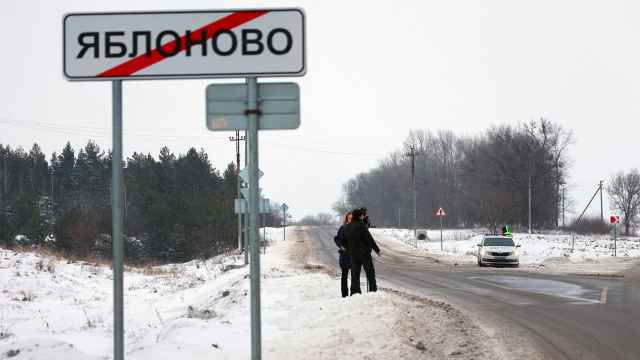On May 5, an Aeroflot Sukhoi SuperJet 100 aircraft caught fire during an emergency landing at Moscow’s Sheremetyevo airport. Abundant video footage from the crash site creates the illusion that there is proof of what happened, and people are already pointing fingers at the supposed culprits.
A rumor has spread that the main reason 41 passengers died was because people in the first and business-class sections at the front of the plane delayed the evacuation of those behind them in economy while they salvaged their carry-on luggage.
Public opinion seems inclined to agree with this version of events, not only because people distrust each other, but also because they doubt the real cause of the disaster will ever be revealed.
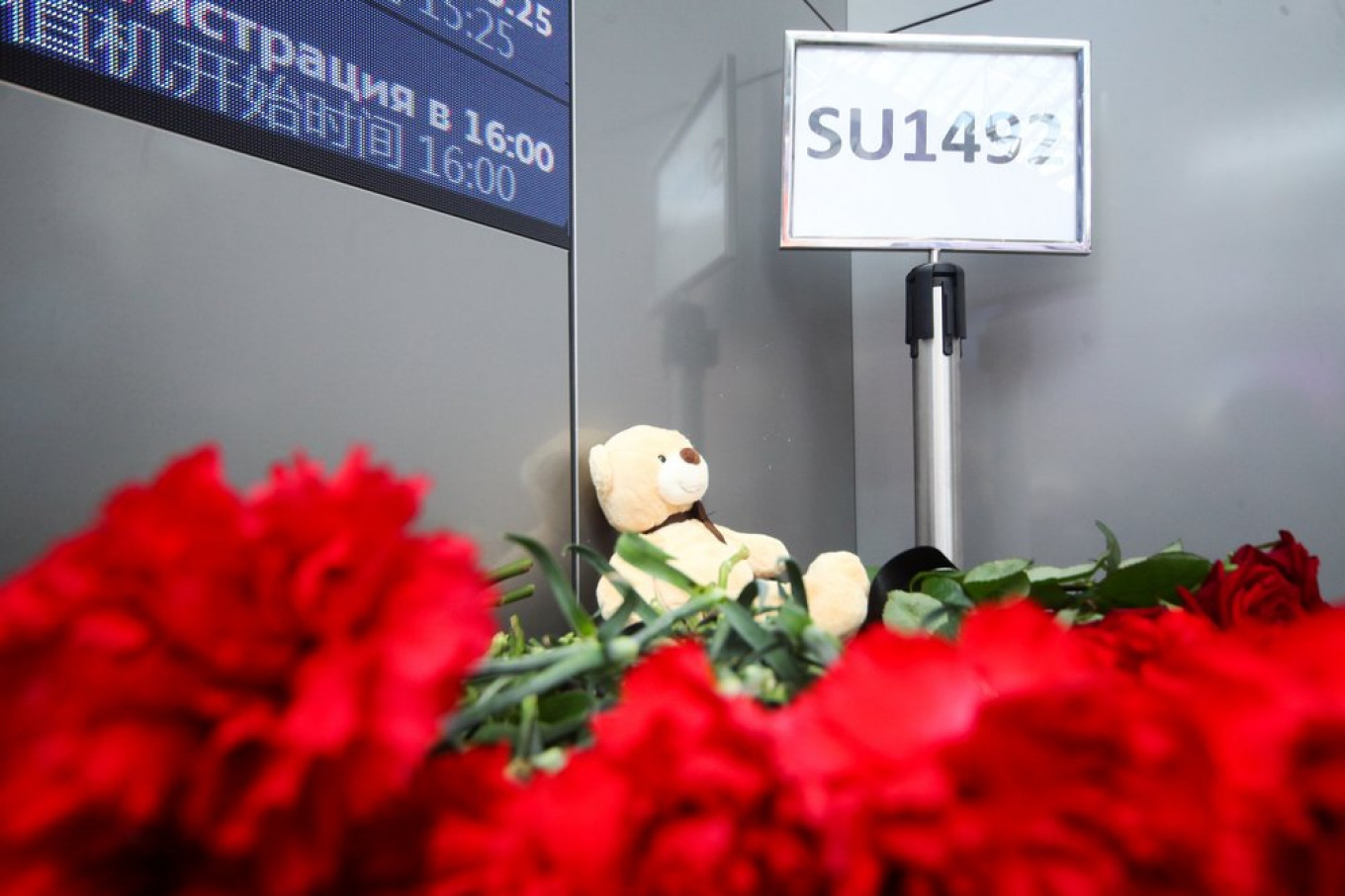
Dozens of videos recorded during the incident were published on the Internet almost immediately after the crash. The aircraft came into land without any sign of a fire and bumped several times on the runway before the tail burst into flame like a torch. As it burned, passengers escaped from the front of the plane on evacuation slides and scattered across the airfield, some of them carrying luggage.
Four hours later, before any official version had, or could have been, released an anonymous source told Interfax, “the main reason why people died in the tail section was that some passengers tried to grab their luggage from the overhead compartments.”
Within a few hours the hatred toward the survivors carrying bags had built to the extent that some were calling for them to be charged with involuntary manslaughter.
Mikhail Savchenko is the only survivor who has asked commentators not to torment people, saying that they might have acted under emotional stress. He has also stressed that he didn’t save his suitcase.
The information overload — video footage, testimonies from eyewitnesses and survivors and comments from experts — creates the false impression that we can see the whole picture, and work out who’s to blame.
But that’s not true — it’s impossible to determine if a plane crashed because of equipment failure, pilot error or weather conditions in a matter of hours or days.
Officials calling for the public to hold back from apportioning blame until the investigation is over are, of course, being reasonable. But society will only listen to these calls if it can be sure the probe will be objective and that the real causes of the tragedy will be made public.
As social anthropologists Alexandra Arkhipova and Anna Kirziuk wrote in their article “Defeating Fake News With the Law,” people are more likely to agree with an anonymous source’s version of events when they lack confidence in official representatives and information. In Russia, this lack of confidence is a tradition.
The collapse of a 10-storey apartment block in Magnitogorsk on December 31, 2018, also sparked a wave of rumors about the causes of the tragedy, and an amateur hunt for the culprits.
The authorities have been unable to convince the public the catastrophe was not a terrorist attack. The official investigation is still ongoing, and the Investigative Committee of Russia’s has not updated its website with new information about the disaster since January 2019.
A Russian version of this article was originally published in Vedomosti
A Message from The Moscow Times:
Dear readers,
We are facing unprecedented challenges. Russia's Prosecutor General's Office has designated The Moscow Times as an "undesirable" organization, criminalizing our work and putting our staff at risk of prosecution. This follows our earlier unjust labeling as a "foreign agent."
These actions are direct attempts to silence independent journalism in Russia. The authorities claim our work "discredits the decisions of the Russian leadership." We see things differently: we strive to provide accurate, unbiased reporting on Russia.
We, the journalists of The Moscow Times, refuse to be silenced. But to continue our work, we need your help.
Your support, no matter how small, makes a world of difference. If you can, please support us monthly starting from just $2. It's quick to set up, and every contribution makes a significant impact.
By supporting The Moscow Times, you're defending open, independent journalism in the face of repression. Thank you for standing with us.
Remind me later.



